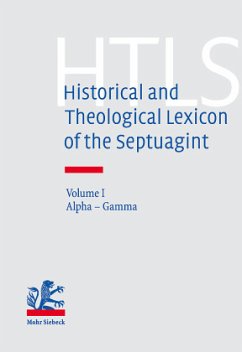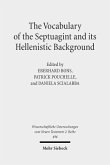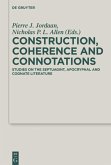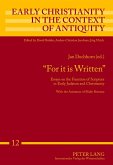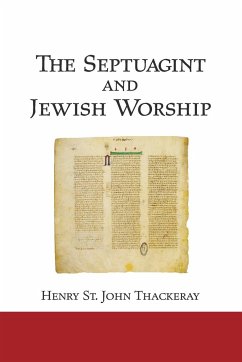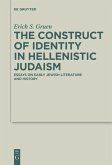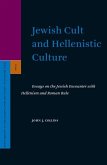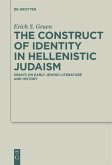The Hebrew Bible has played an important part in the development of Western culture. However, its central ideas - such as monotheism, the demythologization of nature or the linearity of time - had to be taken out of the national and linguistic milieu in which they had developed if they were to to become fertile on a wider scale. They also needed to be rendered palatable to a mentality that had experienced the scientific, rationalist revolution prepared by the Greeks. The Septuagint - the oldest Greek translation of the Jewish Bible, produced over the third and second centuries BC - is the first important step in this process of acculturation. Over the last twenty years the Septuagint has come out of the shadow of its Hebrew source. Historians of Judaism, linguists, and biblical scholars have come to view the Septuagint as a significant document in its own right. As the discoveries in Qumran have shown, the Hebrew source text of the Septuagint was not identical to the traditional text received by the synagogue (the Masoretic Text). Also, the translators appear to have taken a degree of liberty in interpreting the text. Dominique Barthélemy used the term 'aggiornamento': the Septuagint is a kind of update of the Jewish scriptures. This large-scale collective and interdisciplinary project aims to produce a new research tool: a multi-volume dictionary providing a comprehensive article (around 500 articles in all) for each important word or word group of the Septuagint. Filling an important gap in the fields of ancient philology and religious studies, the dictionary is based on original research of the highest scientific level. The dictionary will be published in English. The first volume contains over 160 articles on words with the letters Alpha to Gamma.

